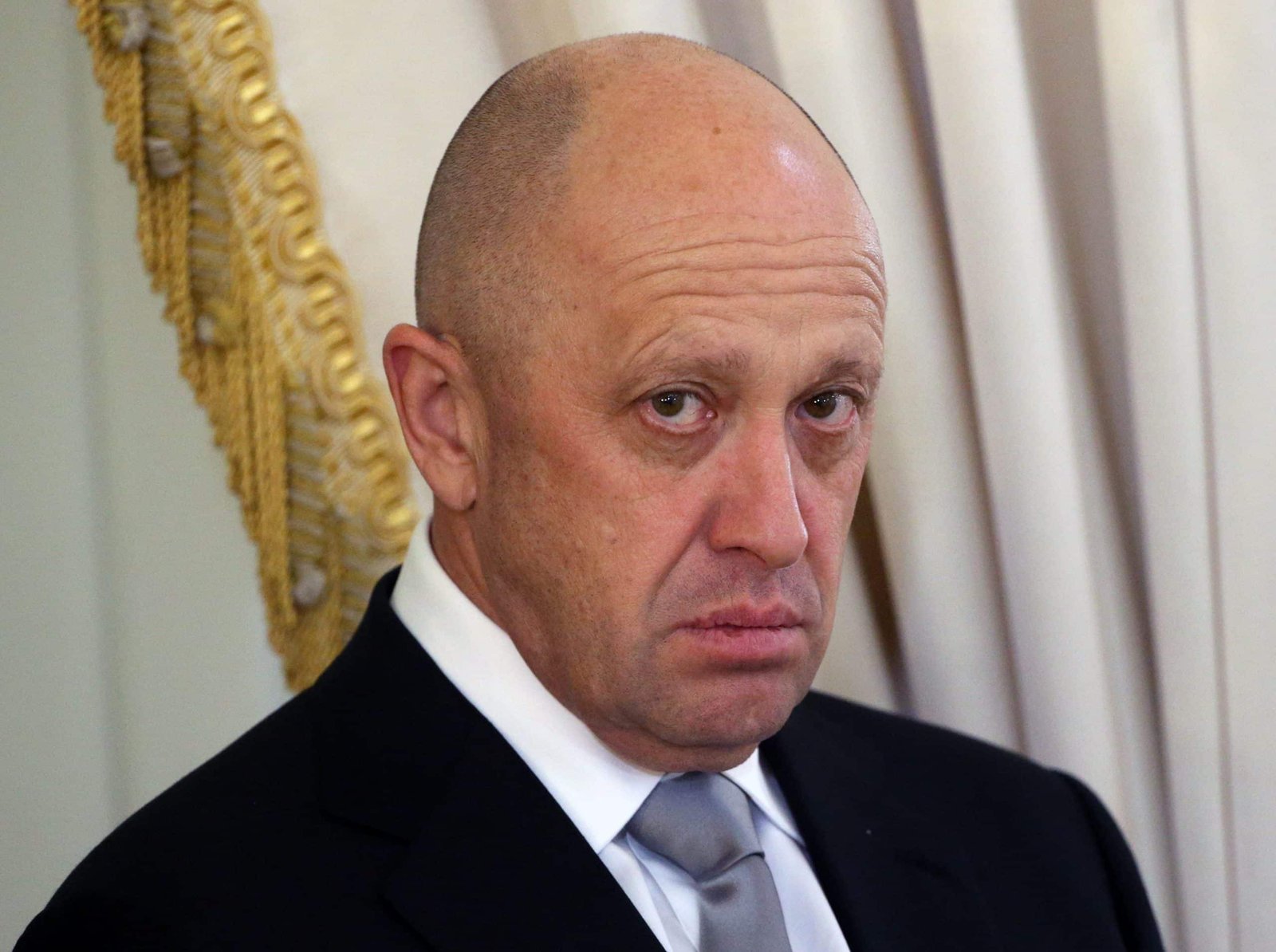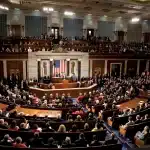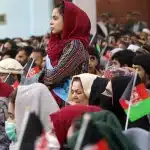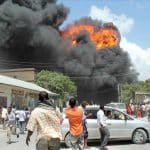The owner of the Russian military contractor Wagner Group stated on Wednesday that his troops had increased their victories in the Bakhmut stronghold of the Ukrainians, but it was still uncertain how long the grueling conflict may last.
While in Kyiv, UN Secretary-General Antonio Guterres met with President Volodymyr Zelensky to discuss the extension of a deal that allows Russia to export food and fertilizer while also allowing Ukraine to carry grain from its Black Sea ports.
The fight for the city that the Ukrainians have dubbed “fortress Bakhmut” has come to represent the efforts made by each side to weaken the other. Although Western authorities claim that the conquest of Bakhmut is unlikely to alter the direction of the war, Russian forces must pass through it to advance farther into the Donetsk region that they do not yet control.
After six months of fighting, Bakhmut, which had more than 70,000 residents before the conflict, has been reduced to a burning wasteland. Which party has paid a bigger price is unclear.
Yevgeny Prigozhin, the owner of Wagner, claimed his troops, who have been leading the battle in Bakhmut, have fully seized control of every neighborhood east of the Bakhmutka River, which cuts across the city. West of the river is where the city’s center is.
On Prigozhin’s assertion, neither Russian nor Ukrainian officials offered a response. The Institute for the Study of War, a Washington-based think tank that carefully analyzes the war, stated that after a Ukrainian withdrawal, Russian soldiers were probably in charge in the locations mentioned by Prigozhin.
The city is surrounded by Russian troops on three sides, with just a small passageway leading west. Russian artillery fire has targeted the single highway leading west, forcing Ukrainian defenders to rely more and more on backcountry routes, which are difficult to use until the soggy terrain dries.
Zelensky promised not to leave Bakhmut on Monday after presiding over a conference with his top generals.
Russian Defense Minister Sergei Shoigu said Tuesday that conquering the city will allow Russia to drive its offensive farther into the Donetsk area, one of the four Ukrainian territories that Moscow unlawfully invaded in September.
Prigozhin reinforced that justification in a brash video statement shot beside a World War II memorial in Bakhmut, declaring that the potential Russian invasion would “make the entire world shudder.”
NATO Secretary-General Jens Stoltenberg stated that the Russians could overrun the city soon.
“What we see is that Russia is throwing in more troops, more forces, and what Russia lacks in quality they try to make up in quantity,” he told reporters on the sidelines of an EU defense ministers meeting in Stockholm. “They have suffered big losses, but at the same time we cannot rule out that Bakhmut may eventually fall in the coming days.”
But like other Western officials, he played down the significance of Bakhmut’s potential capture, arguing that this “does not necessarily reflect any turning point of the war, and it just highlights that we should not underestimate Russia.”
To stop the Russian advance, the Ukrainian military has already fortified defensive positions west of Bakhmut, including at the neighboring hilltop hamlet of Chasiv Yar. The highly defended Ukrainian strongholds of Kramatorsk and Sloviansk are located further west.
The ISW noted that Russia was probably lacking in the motorized forces it would require to advance past Bakhmut.
According to the Ukrainian presidential office, Russian soldiers shelled many towns and villages on Wednesday in the Donetsk region and other parts of eastern and southern Ukraine.
The potential of prolonging the accord that has at least partially maintained the country’s export flow was being discussed in Kyiv by UN chief Guterres.
Due to Moscow’s invasion of Ukraine on February 24, 2022, food prices increased globally. Russia and Ukraine are the top two exporters of agricultural items, like wheat, sunflower oil, and other products from the agricultural sector.
On March 18, the existing 120-day agreement will expire, and Guterres emphasized the “critical significance” of renewing it.
According to Guterres, exports of food and fertilizers from Russia and Ukraine are crucial to maintaining food prices and global food security.







